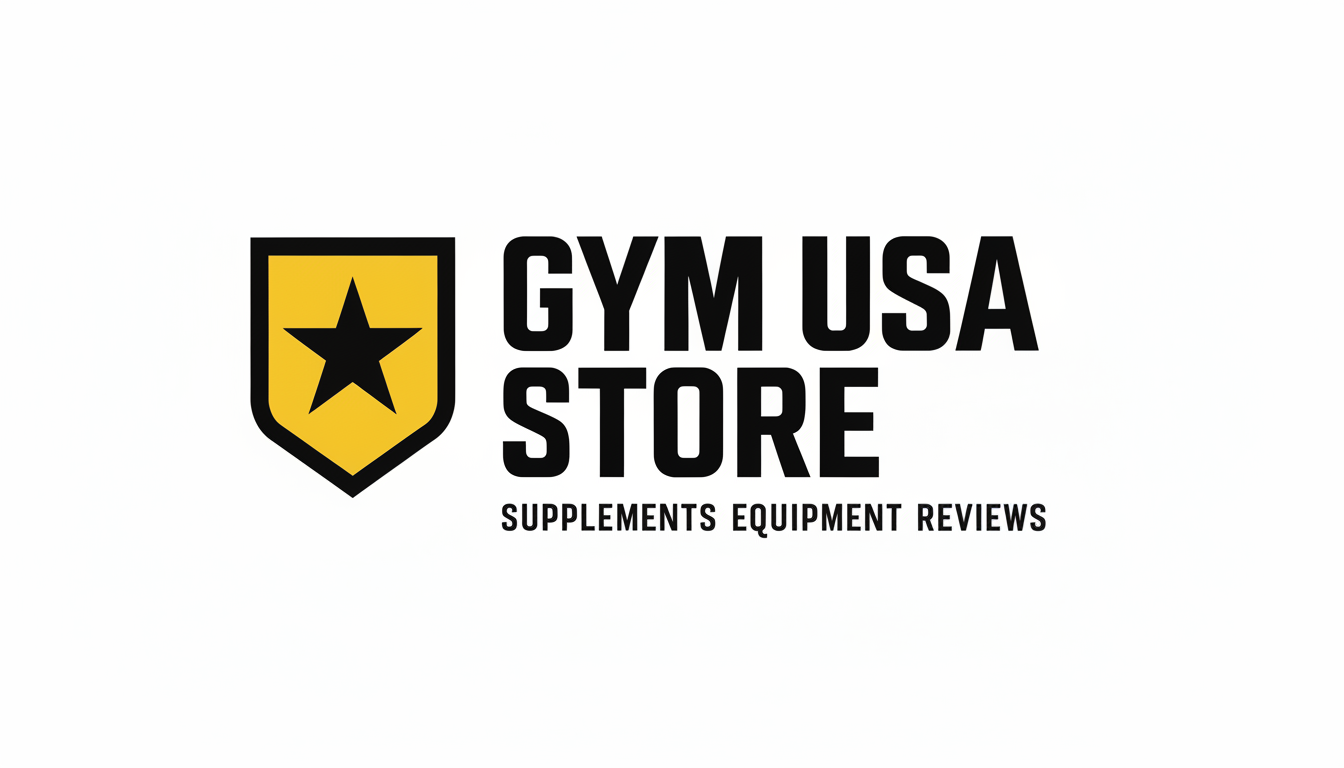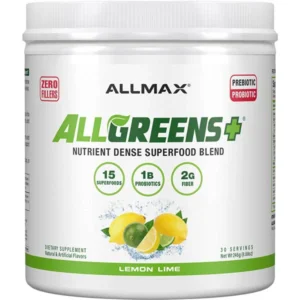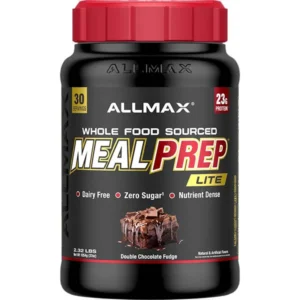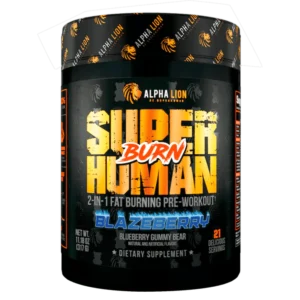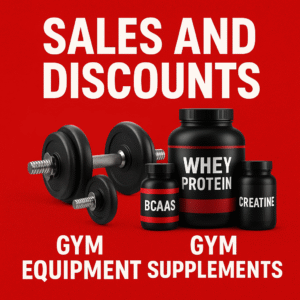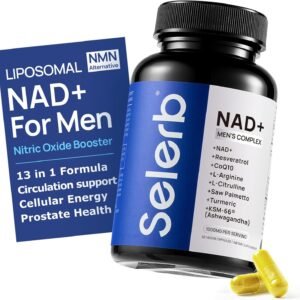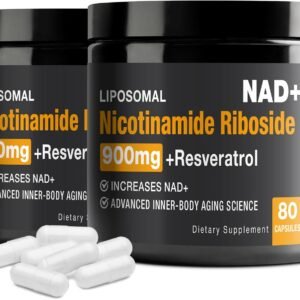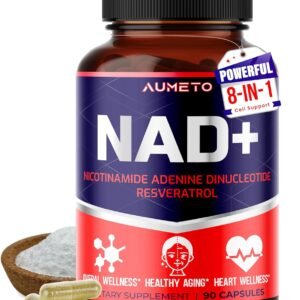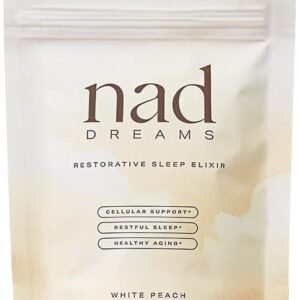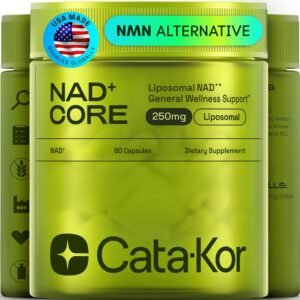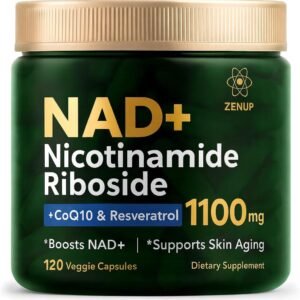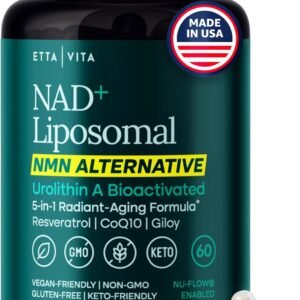Weight Loss Supplements in the USA: What Works, What Doesn’t, and What You Should Know Before Buying
The weight loss industry in the United States is massive—valued at over $70 billion annually—and supplements account for a growing share of this market. From fat burners and appetite suppressants to metabolism boosters and natural herbal extracts, the choices are endless. But the critical question remains: do weight loss supplements actually work, and if so, which ones are worth your investment?
This article dives deep into the science, market trends, and consumer behavior surrounding weight loss supplements in the USA. Written from a research-driven perspective, it aims to give you the knowledge and tools to make informed choices, avoid scams, and prioritize your health.
The State of Weight Loss in the USA
Obesity and overweight rates in the U.S. have reached historic highs:
- According to the CDC, over 42% of American adults are classified as obese.
- More than 70% of U.S. adults fall into the “overweight or obese” category.
- Nearly $150 billion per year is spent on obesity-related healthcare costs.
These numbers explain why Americans turn to weight loss supplements in large numbers. Recent reports show that 15% of U.S. adults have tried a dietary supplement for weight management at least once. This trend has accelerated post-pandemic, as more consumers prioritize wellness and convenience.
What Are Weight Loss Supplements?

Weight loss supplements are products designed to help reduce body weight, suppress appetite, block fat absorption, or increase metabolism. They come in various forms:
- Capsules or tablets (most common)
- Powders (mixed with water or smoothies)
- Liquids or shots
- Gummies (a growing trend in 2025 for convenience and taste)
They typically fall into three broad categories:
- Thermogenics (Fat Burners): Aim to increase calorie burn by boosting metabolism and body temperature.
- Appetite Suppressants: Reduce hunger signals or help users feel fuller faster.
- Absorption Blockers: Prevent fat or carbohydrate breakdown, reducing calorie absorption.
Check also: top 10 fat burners in US market
The Science Behind Popular Weight Loss Ingredients
Not all supplements are created equal. Some are backed by clinical research, while others rely on marketing hype. Here’s a breakdown of commonly studied ingredients:
1. Caffeine
- Mechanism: Stimulates the central nervous system, increases metabolism, and mobilizes fat from tissues.
- Research: Studies show caffeine can increase metabolic rate by 3–11% for a few hours.
- Reality check: Effective when combined with diet and exercise, but tolerance develops quickly.
2. Green Tea Extract (EGCG)
- Mechanism: Rich in antioxidants called catechins, particularly EGCG, which boosts fat oxidation.
- Research: Meta-analyses suggest modest weight loss effects (around 2–3 pounds over 12 weeks).
- Reality check: Works best when paired with caffeine.
3. Garcinia Cambogia
- Mechanism: Contains hydroxycitric acid (HCA), thought to block fat-producing enzymes.
- Research: Results are mixed—some studies show minimal weight loss, others no effect.
- Reality check: Largely overhyped by media.
4. Glucomannan
- Mechanism: A dietary fiber that expands in the stomach, increasing satiety.
- Research: Shown to reduce body weight in some controlled trials.
- Reality check: Works best alongside calorie-controlled diets.
5. Conjugated Linoleic Acid (CLA)
- Mechanism: A fatty acid that may reduce body fat while preserving muscle.
- Research: Studies suggest CLA can reduce fat mass modestly, though long-term safety is debated.
6. L-Carnitine
- Mechanism: Plays a role in transporting fatty acids into mitochondria for energy.
- Research: Mixed evidence—benefits seem greater in populations deficient in L-carnitine.
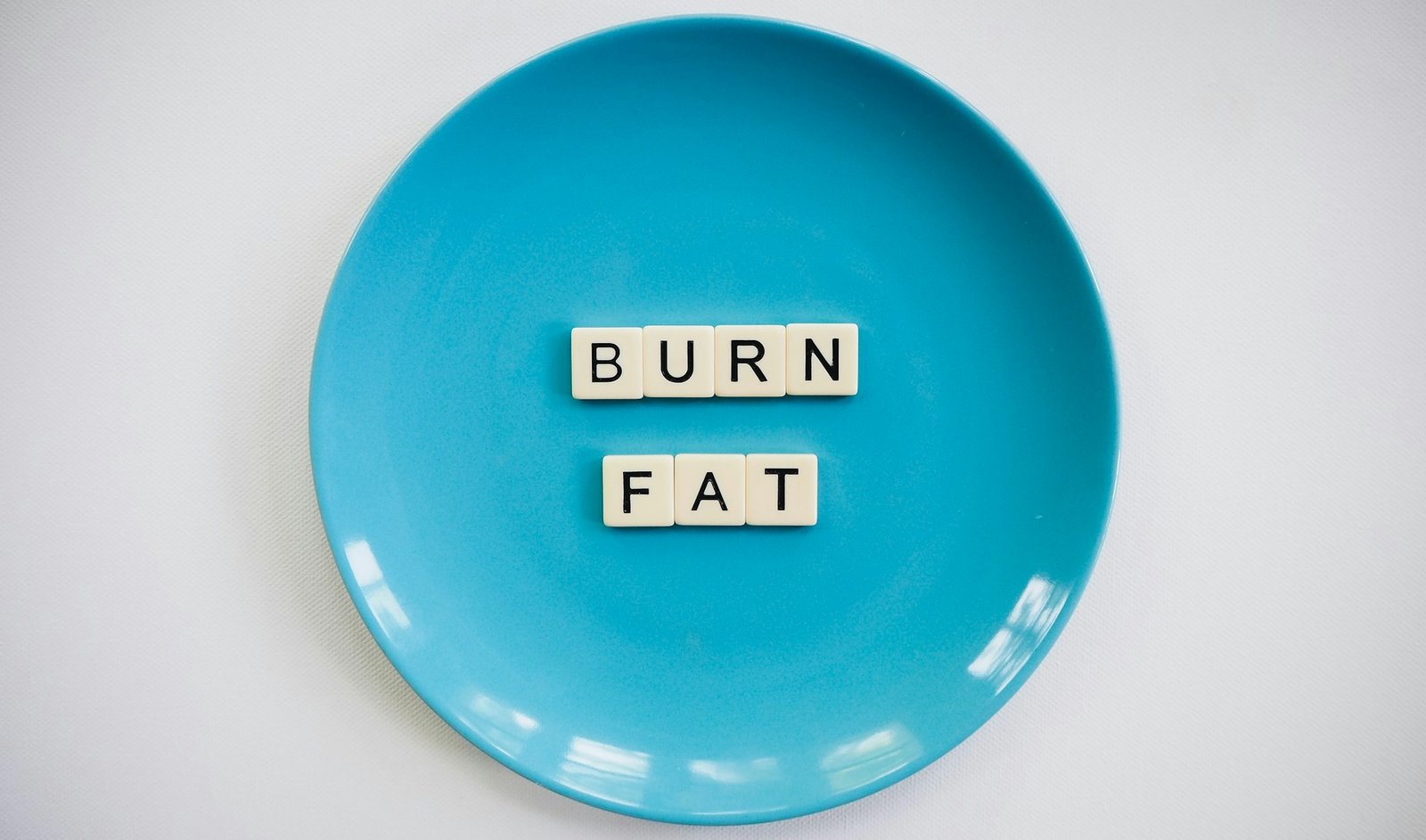
7. Prescription-Grade Options
- Examples: Orlistat (Alli), Phentermine, Semaglutide (Ozempic, Wegovy).
- Research: Strong clinical backing, but available only under medical supervision.
Risks and Safety Concerns
Not all supplements are safe. The U.S. FDA does not pre-approve dietary supplements before they hit the market, which means consumers need to be extra cautious. Risks include:
- Hidden ingredients: Some “natural” fat burners contain undeclared pharmaceuticals.
- Side effects: Jitters, insomnia, digestive issues, or elevated blood pressure.
- Drug interactions: Supplements may interfere with medications for heart disease, diabetes, or mental health.
According to a study published in the New England Journal of Medicine, supplements are responsible for over 23,000 ER visits annually in the U.S.—with weight loss products among the top culprits.
Market Trends: Weight Loss Supplements in the USA
The American market for weight loss supplements continues to expand, driven by demand for convenience and natural solutions.
2025 Consumer Trends
- Natural & Plant-Based: Americans are seeking green tea, apple cider vinegar, and mushroom-based formulas.
- Personalized Nutrition: Subscription services that tailor supplements to DNA or lifestyle are booming.
- Gummies & Functional Drinks: Beyond pills, consumers prefer enjoyable formats.
- Pharmaceutical Crossovers: The rise of GLP-1 drugs like Ozempic has reshaped consumer expectations, pushing supplement companies to innovate.
Related Products
Market Numbers
- Estimated $6.5 billion in annual supplement sales in the U.S. related to weight management.
- Amazon controls about 60% of online supplement sales, making it the largest channel.
- Direct-to-consumer brands like Goli, Ritual, and HUM Nutrition are rapidly growing.
Do Weight Loss Supplements Actually Work?
The honest answer: supplements alone will not transform your body.
- Supplements can offer modest benefits—often enhancing calorie burn by 3–5% or helping users cut 100–200 calories per day.
- The greatest results come when supplements are combined with lifestyle strategies: balanced nutrition, resistance training, cardio, and sleep optimization.
- Consumers often overestimate effects—expecting 20 pounds of fat loss in a month is unrealistic.
The most successful users treat supplements as a support tool, not a magic pill.
Expert Tips for Buying Weight Loss Supplements in the USA
If you’re considering supplements, here’s how to shop smart:
- Look for Third-Party Testing: Certifications from NSF, Informed-Sport, or USP ensure purity.
- Check Ingredient Transparency: Avoid “proprietary blends” that hide dosages.
- Research Clinical Evidence: Don’t rely on influencer hype—search PubMed for actual studies.
- Start Small: Test tolerance with half doses, especially for stimulants.
- Consult Professionals: If you have medical conditions, check with a doctor before starting.
The Future of Weight Loss Supplements
The future is moving toward science-backed, personalized, and safer solutions. Expect to see:
- AI-driven supplement plans based on health data.
- Gut microbiome-targeted products linking weight management to digestive health.
- Hybrid pharma-supplement models, where nutraceuticals complement prescription medications.
Conclusion: Informed Choices Lead to Better Results
Weight loss supplements in the USA occupy a complex space: a multibillion-dollar industry filled with both promising science and aggressive marketing. While no supplement will replace the fundamentals of healthy eating and exercise, the right products can provide an edge in appetite control, fat metabolism, or energy levels—especially when chosen wisely.
For intelligent, research-minded consumers, the takeaway is clear: treat supplements as tools, not miracles. Combine them with disciplined lifestyle strategies, and you’ll maximize both results and long-term health.
